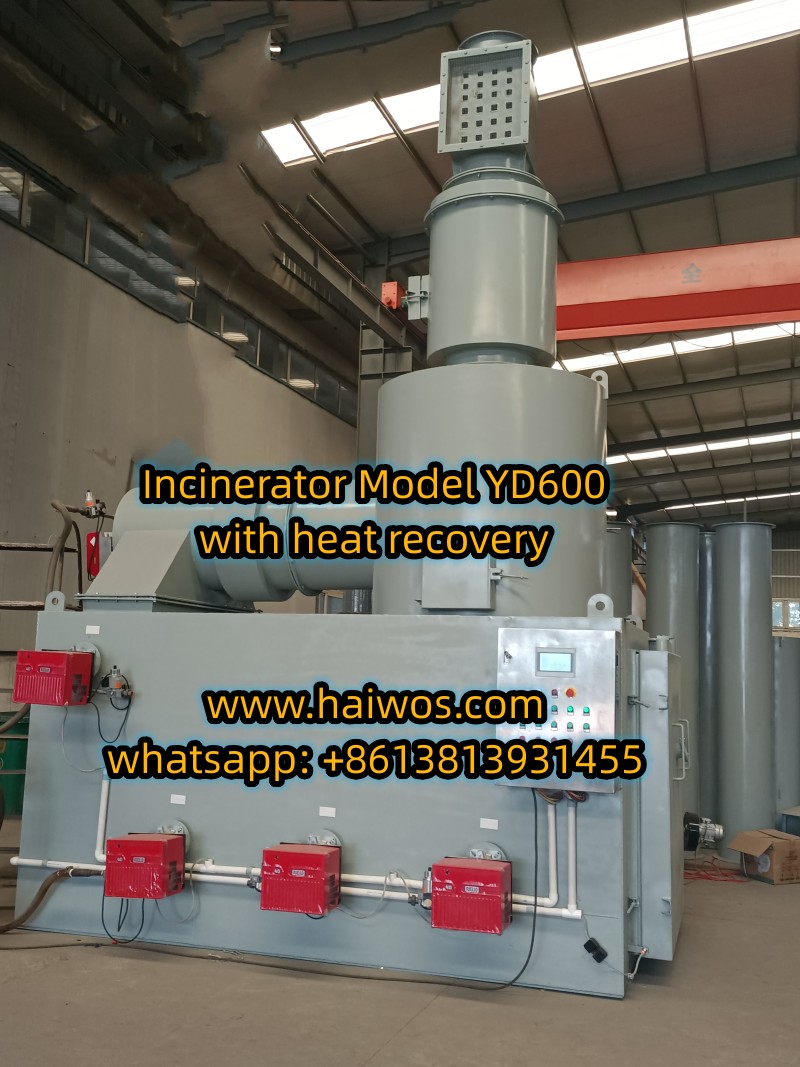Healthcare facilities generate a substantial amount of infectious waste on a daily basis. This includes items such as used bandages, syringes, gloves, and other medical instruments that have come into contact with bodily fluids. Properly managing this infectious waste is critical to preventing the spread of infections and diseases within the healthcare setting and the community at large. In recent years, healthcare facilities have begun to revolutionize their management of infectious waste with the use of incinerators.
Incinerators are becoming an increasingly popular method for healthcare facilities to dispose of their infectious waste. These high-temperature combustion devices are designed to safely and efficiently burn all types of medical waste, including infectious materials, sharps, and pathological waste. Incinerators are capable of reaching extremely high temperatures, typically around 1,800 degrees Fahrenheit, which is hot enough to completely destroy any pathogens present in the waste.
One of the primary benefits of using incinerators for the disposal of infectious waste is the complete and permanent destruction of pathogens. This is essential for preventing the potential spread of infections and diseases from the waste. Incinerators also significantly reduce the volume of waste that needs to be disposed of, as the process of combustion reduces the waste to ash, which can then be safely and easily disposed of in a landfill.
Additionally, incinerators provide a more environmentally friendly solution for healthcare facilities, as they minimize the amount of waste being sent to landfills and reduce the risk of environmental contamination. Incinerators also help to reduce the overall carbon footprint of the healthcare facility by minimizing the transportation and landfilling of waste.
The use of incinerators for infectious waste management also offers cost savings for healthcare facilities. By reducing the volume of waste that needs to be transported and disposed of in landfills, facilities can save on the associated transportation and disposal costs. Furthermore, the long-term savings in waste management costs can help offset the initial investment in purchasing and operating an incinerator.
In addition to the benefits of incinerators for infectious waste disposal, it is important for healthcare facilities to ensure that they are following all regulatory and safety guidelines for the operation of these devices. Proper training and maintenance of incinerators are essential to ensuring their safe and effective operation.
Overall, incinerators are revolutionizing the management of infectious waste in healthcare facilities by providing a safe, efficient, and environmentally friendly solution. As the healthcare industry continues to prioritize infection control and environmental sustainability, the use of incinerators for infectious waste management is likely to become increasingly widespread. This innovative approach not only benefits healthcare facilities and their staff, but also contributes to the overall well-being of the community and the environment.



